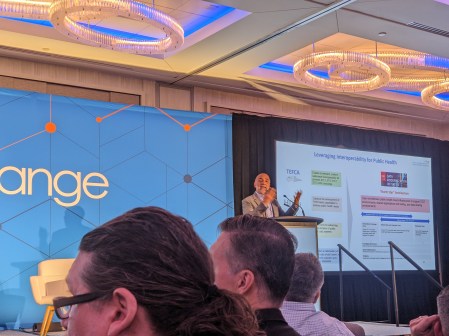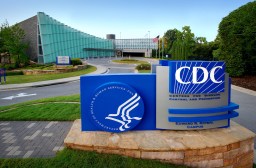HHS publishes tech spec for formatting patient addresses, a key to interoperability

The Department of Health and Human Services met its one-year goal to create a technical specification enabling agencies and the healthcare industry to consistently format patient addresses, with the release of Project US@ on Friday.
More than 150 industry participants collaborated with the Office of the National Coordinator for Health IT to develop Version 1 of the cross-standards-development-organization (SDO) tech spec, which agencies and industry are now being encouraged to adopt.
Researchers consider patient addresses one of the most sensitive data elements in the patient matching process because they change frequently, leaving them out of date and open to being entered incorrectly. Getting physical, mailing and billing addresses correct is key to linking patient records properly and ensuring the nationwide interoperability of health IT systems that are needed during pandemics.
“A standardized patient address might seem like a small thing, but that’s precisely why this work was important,” said Steve Posnack, deputy national coordinator for health IT, in the announcement. “Improving the accuracy and consistency of addresses will have a big impact if implemented at scale.”
ONC sought public input beginning in January 2021 and received feedback from 11 federal agencies; 18 SDOs; 17 health IT developers; 12 research, advocacy and public health organizations; 10 healthcare provider organizations; and seven state agencies.
The office further released the Project US@ Companion Guide, developed in coordination with the American Health Information Management Association, providing best practices for capturing patient addresses at the point of registration, verifying and managing them.
“As with any project there was still some unfinished business, including a focus on geolocation data [and] tribal communities among other specifics,” Posnack wrote in a blog. “The community’s work will continue in 2022, and you’re welcome to join.”






